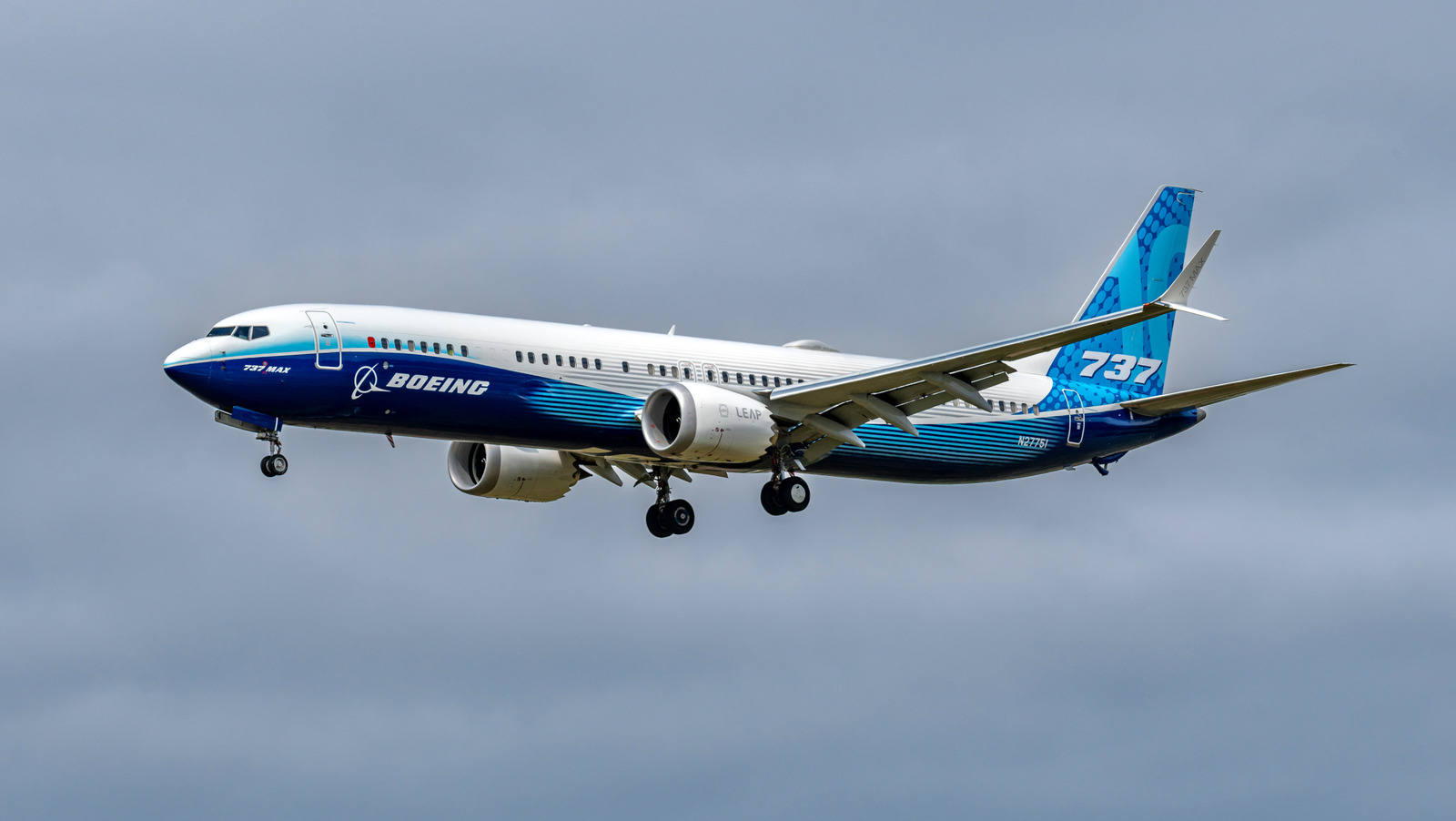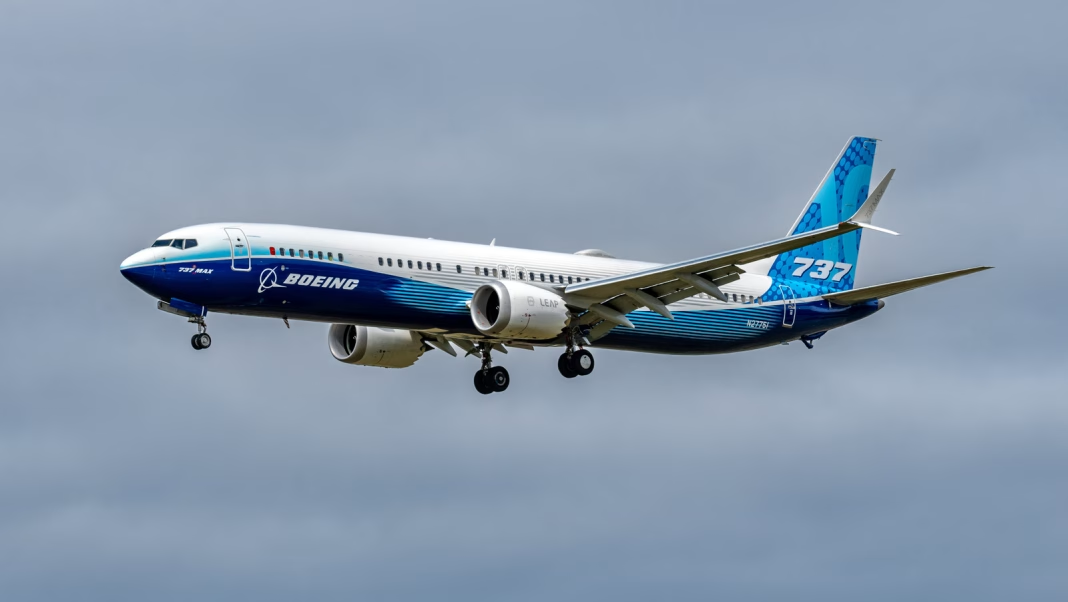The Impact of Tariffs on Boeing and U.S.-China Relations
Understanding the Tariff Landscape
In recent years, the global trade landscape has been significantly shaped by the imposition of tariffs, particularly between the United States and China. President Trump’s administration introduced what were termed “reciprocal tariffs,” a strategy aimed at addressing trade imbalances and protecting American industries. However, these tariffs have had far-reaching consequences, particularly for companies like Boeing, which found itself at the center of a geopolitical storm.
The Chinese government responded to these tariffs by urging its airlines to reconsider their relationships with American manufacturers, specifically Boeing. This call for a boycott highlights the intricate ties between trade policies and international relations, revealing how economic decisions can ripple through various sectors and impact global markets.
The Boycott: A Strategic Move by China
China’s call for its airlines to boycott Boeing is not merely a reactionary measure; it is a strategic maneuver aimed at asserting its position in the ongoing trade conflict. By encouraging domestic airlines to pivot away from Boeing, China seeks to bolster its own aerospace industry, which has been steadily growing and gaining capabilities. The Chinese manufacturer COMAC (Commercial Aircraft Corporation of China) is emerging as a competitor to Boeing and Airbus, and this situation provides a unique opportunity for it to gain market share.
The implications of this boycott extend beyond just Boeing’s sales figures. It represents a broader shift in the global aerospace market, where countries are increasingly looking to develop their own industries to reduce reliance on foreign manufacturers. This trend is particularly pronounced in China, where the government has invested heavily in developing a self-sufficient aerospace sector.
Economic Consequences for Boeing
The ramifications of the boycott are significant for Boeing. The company has long relied on the Chinese market for a substantial portion of its sales. According to industry analysts, China is projected to become the largest aviation market in the world, making it a critical area for Boeing’s growth strategy. A decline in orders from Chinese airlines could lead to a substantial decrease in revenue, affecting not only Boeing’s bottom line but also the broader U.S. economy, given the company’s extensive supply chain and employment base.
Moreover, the tariffs have complicated Boeing’s ability to compete effectively. With increased costs associated with tariffs on imported materials and components, Boeing faces challenges in maintaining its competitive edge against both domestic and international rivals. This situation raises questions about the long-term sustainability of its business model in an increasingly protectionist global environment.
The Broader Implications for U.S.-China Relations
The Boeing boycott is emblematic of the larger tensions between the U.S. and China. Trade disputes often serve as a proxy for deeper geopolitical conflicts, and the aerospace industry is a key battleground. The situation underscores the need for diplomatic engagement and negotiation to resolve these issues, as both nations stand to lose from a protracted trade war.
Experts suggest that a more collaborative approach could yield benefits for both countries. For instance, joint ventures in aerospace technology could foster innovation and create jobs on both sides. By finding common ground, the U.S. and China could mitigate the adverse effects of tariffs and build a more stable economic relationship.
Looking Ahead: Navigating the Future
As Boeing navigates this challenging landscape, it must adapt to the changing dynamics of international trade. This includes diversifying its market base, investing in new technologies, and exploring partnerships that could enhance its competitive position. Additionally, Boeing may need to advocate for policy changes that promote fair trade practices and reduce the likelihood of retaliatory measures.
In conclusion, the interplay between tariffs, corporate strategy, and international relations is complex and multifaceted. The situation surrounding Boeing and the Chinese airlines serves as a case study of how economic policies can have profound implications for global commerce and diplomacy. As both nations move forward, the lessons learned from this episode will be crucial in shaping future trade relations and ensuring a more stable economic environment.


